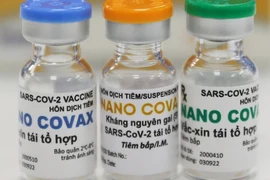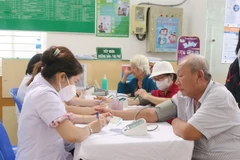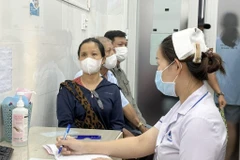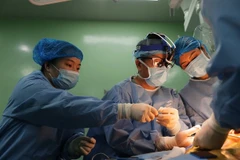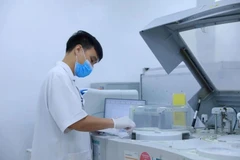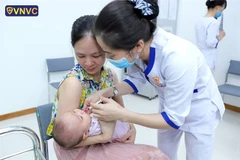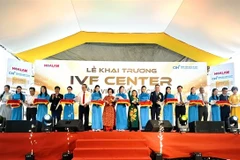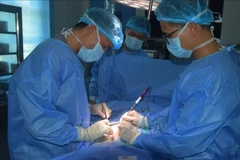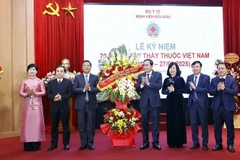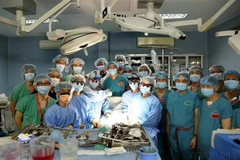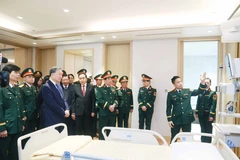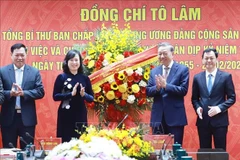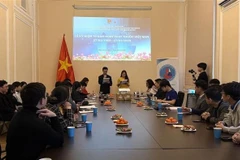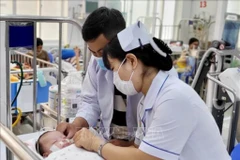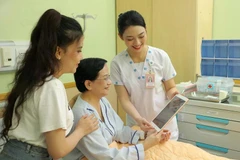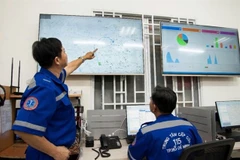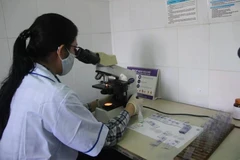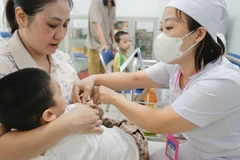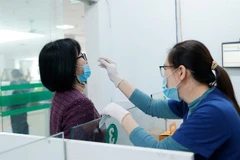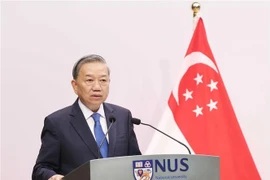NanoCovax is developed by the Nanogen Pharmaceutical Biotechnology JSC.
Thesecond stage trials of the vaccine were conducted on 560 volunteers dividedinto four groups, with 80 people injected with a placebo and three other groupsadministered with 25mcg, 50mcg, and 75mcg doses. However, only 554 receivedsecond shots because six people withdrew from the trial.
Allof the vaccinated volunteers have developed antibodies against COVID-19 atdifferent levels.
Regardingthe antibody index to neutralise the virus, people injected with 25mcg dose gotthe highest index with more than 90 percent at 14 days after the secondshot and 42 days since the first jabs.
Theresearch team is expected to submit a report to the Research Ethics Committeeof the Ministry of Health on April 27 and propose a plan for the third phase ofhuman trials, possibly on May 5.
Thethird phase of human trials is expected to involve 10,000-15,000 people in bothVietnam and Asian countries with severe coronavirus outbreaks. Volunteers willbe administered with 25mcg – the only dose for this stage. Each person willreceive two jabs. They are set to get second shots of Nano Covax 28 days afterthe first one.
NavoCovax vaccine started testing on humans on December 17 last year and hascompleted the second phase. It is prepared to enter the third phase, the finalstage of testing before mass production.
Thefirst-stage trials of Nano Covax showed the vaccine was safe and vaccinatedvolunteers had antibodies against the UK variant (B117).
Basedon the results of the first and second phases, experts are optimistic that ifthe tests are successful, the third phase of the trial will be completed at theend of the third quarter, shortening the research by three months compared topreviously planned.
Meanwhile,more than 209,600 Vietnamese people have been vaccinated against COVID-19 sofar.
TheMinistry of Health said that by 4pm on Sunday, the 209,632 vaccinated peopleincluded frontline doctors, medical staff, sample collectors, contact tracers,members of community-based anti-COVID-19 groups as well as members of theSteering Committees for COVID-19 Prevention and Control of localities./.



